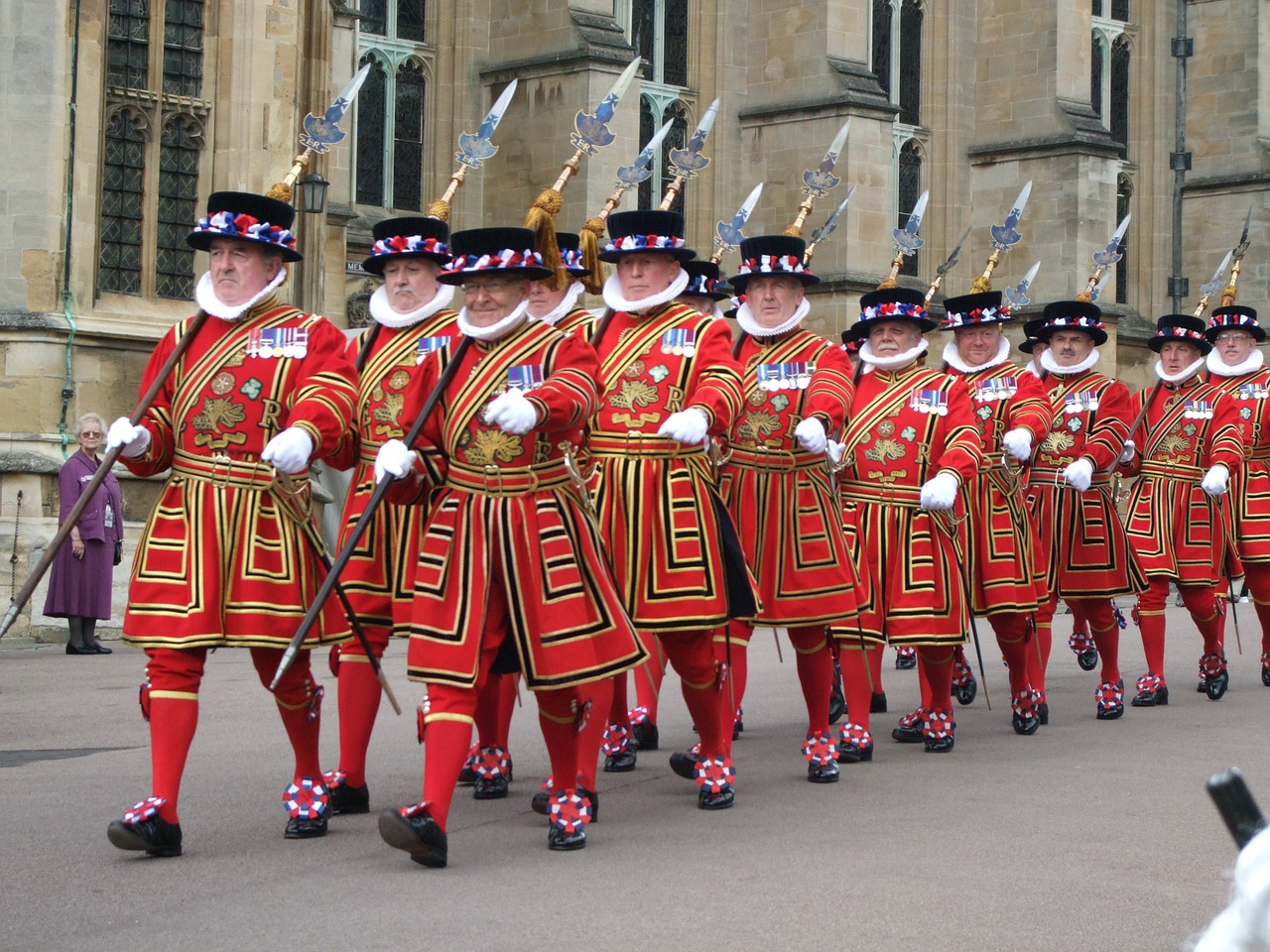
KNOWLEDGE BASE Holidays In The UK - Festivals
The information on this page was current at the time it was published. Regulations, trends, statistics, and other information are constantly changing. While we strive to update our Knowledge Base, we strongly suggest you use these pages as a general guide and be sure to verify any regulations, statistics, guidelines, or other information that are important to your efforts.
Brexit Update:
Since the UK officially left the European Union on January 31, 2020, the relationship between the two has evolved and continues to be shaped by the ongoing implementation of the withdrawal agreement.
Key Dates:
-
January 31, 2020: UK officially left the EU and entered a transition period that ended on December 31, 2020.
-
December 31, 2020: The transition period ended, and the UK fully exited the EU single market and customs union.
-
January 1, 2021: The UK-EU Trade and Cooperation Agreement came into effect, outlining the post-Brexit relationship between the two entities.
-
2023/2024 Current: The UK and EU are still navigating the ongoing implementation and potential revisions of their post-Brexit relationship.
It's crucial for businesses operating in either the UK or the EU to stay informed about the latest developments and adjust their operations accordingly.
Resources for Further Information:
Holidays In The UK - Festivals
Religion in the UK
While Christianity maintains its position as the UK's largest religious group (46.3% in 2021), its influence shows signs of waning. The "no religion" category follows close behind at 36.7%, reflecting a rising tide of secularization. This trend extends beyond official forms, where the "Census Effect" can inflate religious affiliation. Deeper surveys, like YouGov's 2020 poll, paint a more nuanced picture: 52% of Britons perceive religion as declining in the UK, and 32% identify as non-religious. This suggests a potential disconnect between official records and personal beliefs, hinting at an increasingly diverse and non-religious landscape in the UK.
Holidays in the United Kingdom
Public holidays in the United Kingdom, commonly referred to as bank holidays, are days where most businesses and essential services are closed although an increasing number of retail businesses (especially the larger ones) do open on some of the public holidays, in accordance with trading laws.
Only four holidays are observed in all countries of the United Kingdom. They are: New Year's Day, May Day or Early May Bank Holiday, Christmas Day and Boxing Day. Most other holidays are decided upon each of the four nations in the UK, which do not always coincide with bank holidays, and instead observe traditional local custom and practice for their public holidays.
The United Kingdom has no national day holiday marked or celebrated for its formal founding date. Increasingly, there are calls for public holidays on the patron saints' days in England, Scotland, and Wales (Northern Ireland already has St. Patrick's Day as a holiday). Here is the holiday schedule for the countries of the UK through 2024 and beyond:

YouGov 2020 UK religion survey
UK Bank Holidays for England, Wales, Scotland, and Northern Ireland
KNOWLEDGE BASE Holidays In The UK - Festivals


